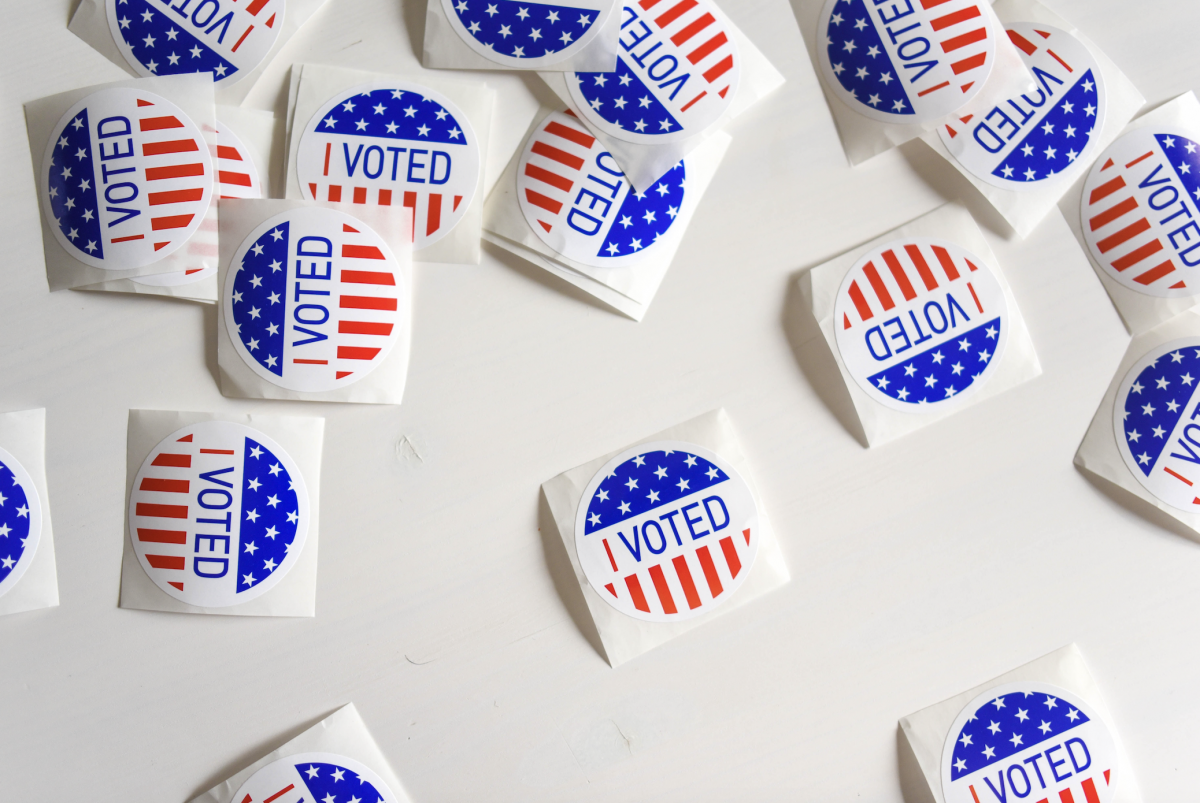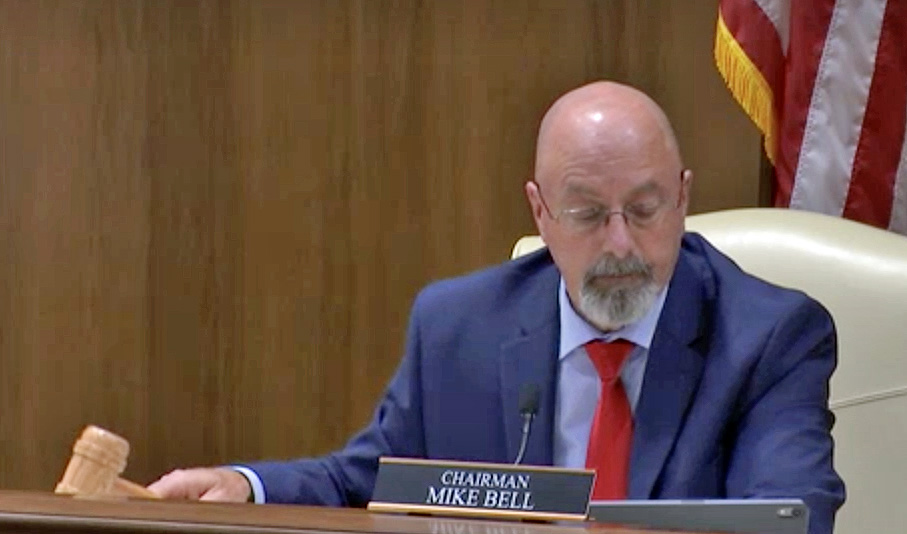A lingering legal battle that was poised to be settled this summer, leading to a clearer pathway for tens of thousands of Tennesseans to restore their voting rights, has instead reignited into a contentious court fight with no certain outcome ahead of the next presidential election.
One in five Black voting-age Tennesseans lacks the right to vote due to a past criminal conviction — likely the highest rate of African-American disenfranchisement in the nation, according to the Sentencing Project. Overall, nearly 10 percent of the Tennessee electorate — 470,000 people — have lost their right to vote due to convictions.
In a lawsuit filed in December 2020, the Tennessee Conference of the NAACP and five residents denied the right to vote alleged Tennessee officials failed to follow state laws that allow individuals to legally restore their voting rights after serving their sentences and completing parole. Instead, the state implemented inaccessible and opaque processes that impede legal pathways for restoring rights, the lawsuit claimed.
Close to settling key claims in the case over the summer — potentially ahead of high profile local elections in Nashville, Memphis, and for state office — attorneys for the state abruptly broke off talks in late July, catching lawyers for the NAACP by surprise, legal filings show. Then, on August 2nd, lawyers for the Tennessee Attorney General filed motions asking a judge to reject the claims entirely.
Tennessee Lookout
“The Elections Division, TDOC, and Governor’s office had the opportunity this summer to create accessible, transparent, and uniform procedures to allow the over 470,000 disenfranchised Tennesseans a fair shot at getting their voting rights restored and rejoining their communities as full citizens,” Blair Bowie, an attorney representing the NAACP with the DC-based Campaign Legal Center, said Friday.
“Instead, they blew up the voting rights restoration system entirely and imposed effectively permanent disenfranchisement on July 21st,” she said.
A spokesperson for the Tennessee Attorney General did not respond to emailed questions on Friday.
The breakdown in the federal case came shortly after a June 29th ruling by the Tennessee Supreme Court against Ernest Falls, who was denied the right to vote in Tennessee in 2020 after receiving clemency in Virginia for a decades-old crime.
The Supreme Court ruled that Falls, also represented by the Campaign Legal Center, was required to show he had paid all outstanding court costs, restitution and child support obligations in Virginia to establish his voting rights — in addition to proof of the Virginia clemency.
Secretary of State Mark Goins then issued a memo that incorporated expanded requirements for all state residents seeking to restore their voting rights — regardless of where their conviction took place. In addition to the process of demonstrating they, too, had paid court costs and other financial obligations related to their crime, in-state residents must now show they also “have been pardoned by a Governor, U.S. President, or other appropriate authority of a state or have had their full rights of citizenship restored as prescribed by law.”
The memo wasn’t shared with attorneys for the NAACP who had been involved with them in settlement negotiations for months, legal filings said.
“Plaintiffs learned from public reporting that Defendant Goins had that day issued guidance to county election officials changing his interpretation of the State’s requirements for individuals with felony convictions to restore their voting rights,” court records said.
In seeking a ruling dismissing major elements of the case, state lawyers have argued in motions for summary judgment that the five individuals names in the suit lack standing in court.
Tennessee does have a process in place for restoration of rights, one that provides a pathway to restoring rights while preserving election integrity, they argued.
“Tennessee does not reject all voter registration forms on which the applicant affirmed that they have a felony conviction,” the state’s filings said. “Moreover, Tennessee’s practice is rationally related to its legitimate interest in combatting voter fraud, safeguarding voter confidence, and ensuring accurate record keeping.”
The Sentencing Project’s national voting rights study found that that 3,415 Tennessee voting-age citizens have been granted Certificates of Restoration since 2016 — fewer than 1 percent of those with prior felony convictions estimated to be eligible to vote under Tennessee law.
The NAACP lawsuit argues that the current administration of voting rights restoration certificates violate the U.S. Constitution’s due process and the equal protection rights.
Tennessee Lookout is part of States Newsroom, a network of news bureaus supported by grants and a coalition of donors as a 501c(3) public charity. Tennessee Lookout maintains editorial independence. Contact Editor Holly McCall for questions: info@tennesseelookout.com. Follow Tennessee Lookout on Facebook and Twitter.



